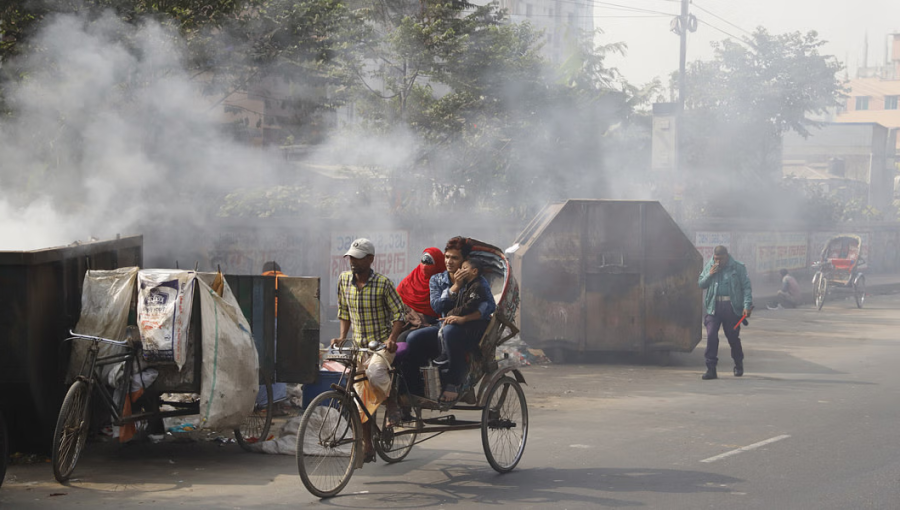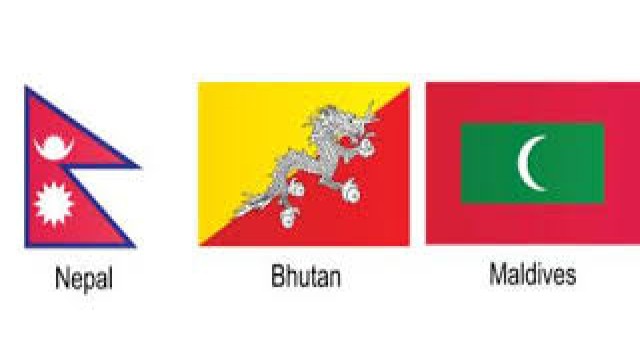Dhaka, the capital of Bangladesh, ranked sixth among cities worldwide for the worst air quality, registering an Air Quality Index (AQI) score of 165 at 9 am this morning, May 20, 2024. According to the AQI, Dhaka's air quality was classified as 'unhealthy.'
An AQI value between 50 and 100 is considered 'moderate,' while values between 101 and 150 are 'unhealthy for sensitive groups.' AQI values between 150 and 200 are deemed 'unhealthy,' values between 201 and 300 are 'very unhealthy,' and readings over 301 are classified as 'hazardous,' posing serious health risks to residents.
India’s Delhi, Pakistan’s Lahore, and Indonesia’s Jakarta topped the list with AQI scores of 381, 188, and 175, respectively.
The AQI, an index for reporting daily air quality, indicates how clean or polluted the air in a particular city is and highlights potential health effects. In Bangladesh, the AQI is based on five pollutants: particulate matter (PM10 and PM2.5), nitrogen dioxide (NO2), carbon monoxide (CO), sulfur dioxide (SO2), and ozone (O3).
Dhaka has been struggling with air pollution for years, with air quality typically worsening in winter and improving during the monsoon season.
The World Health Organization (WHO) reports that air pollution is responsible for an estimated seven million deaths annually. These deaths are primarily due to increased mortality from stroke, heart disease, chronic obstructive pulmonary disease, lung cancer, and acute respiratory infections.































Comment: